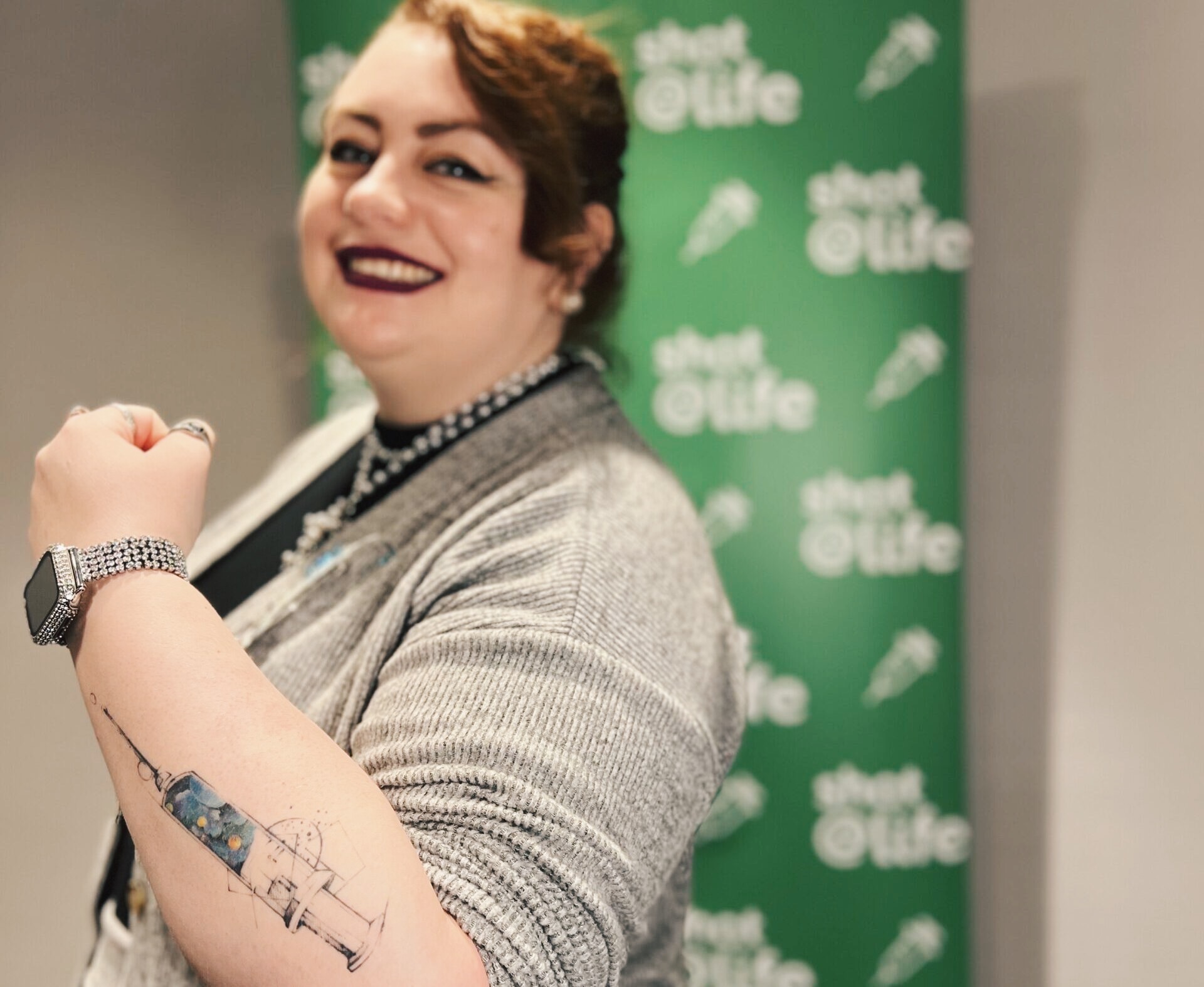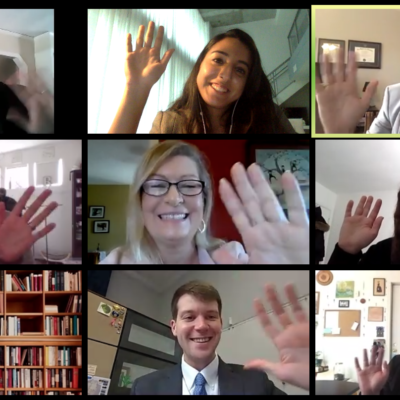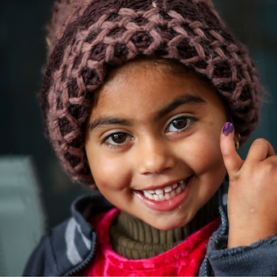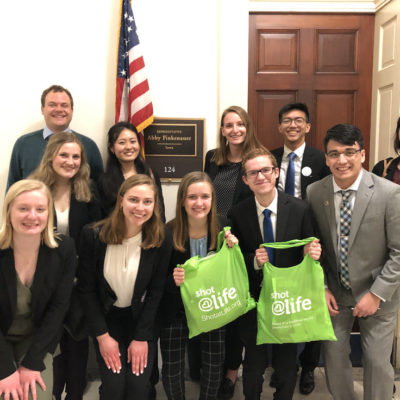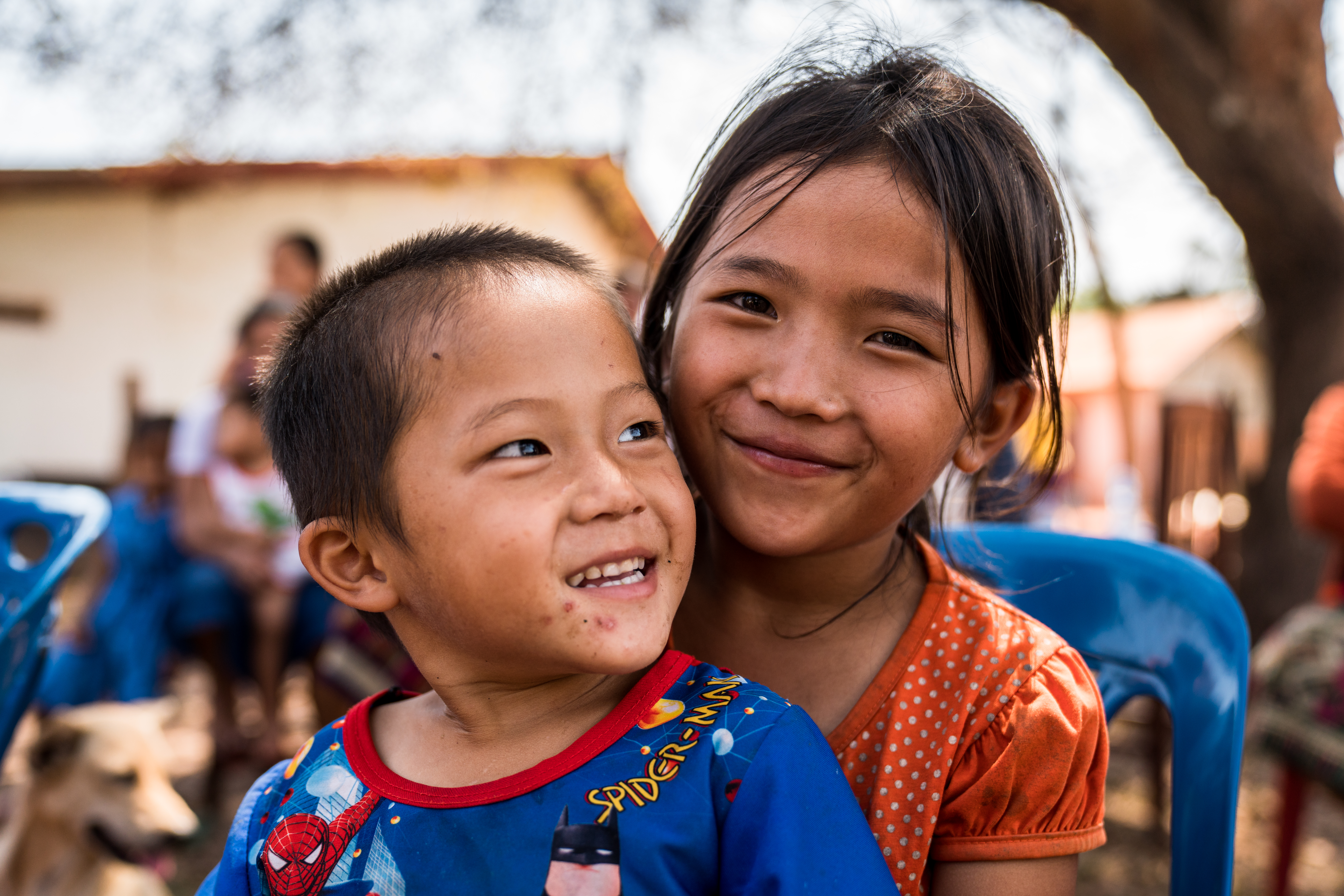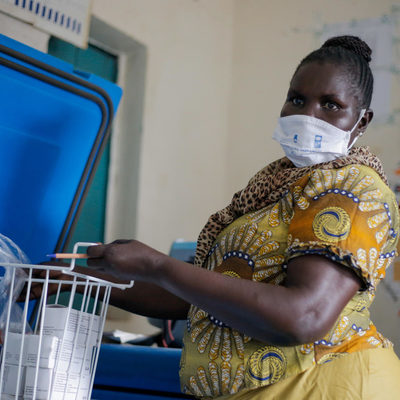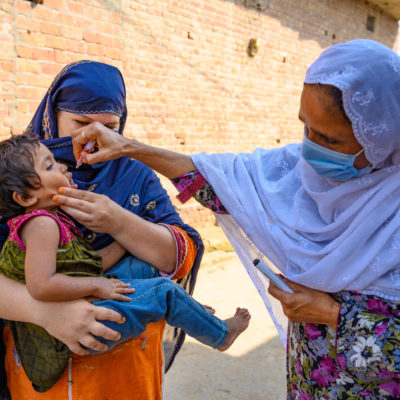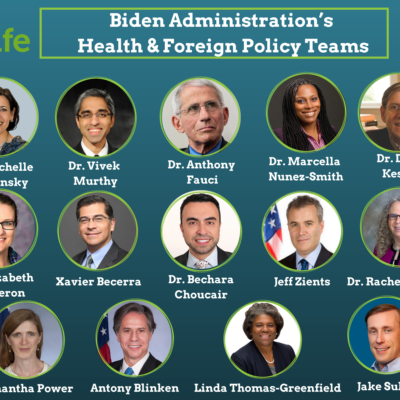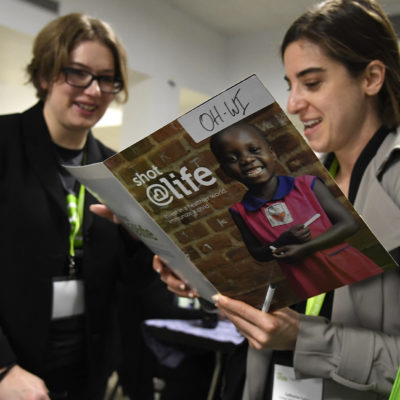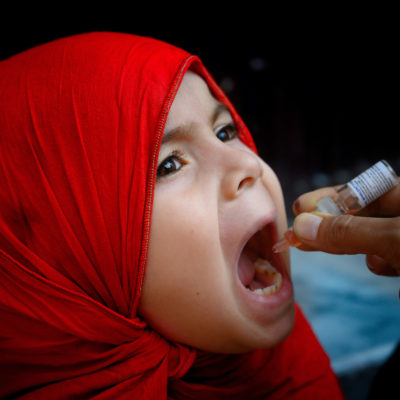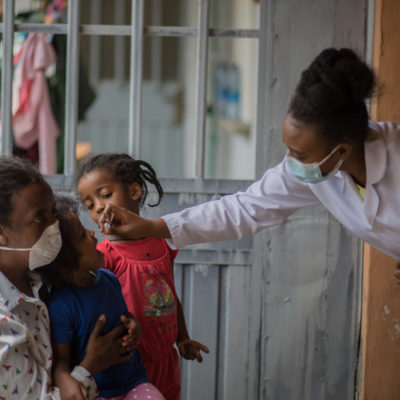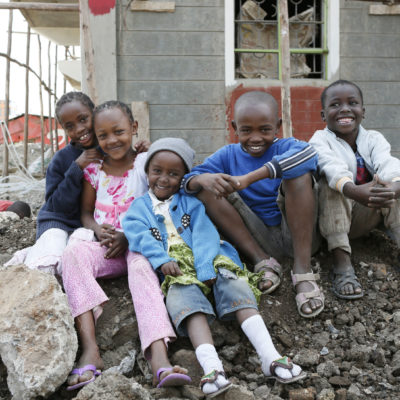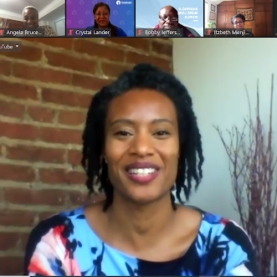Our 10th Champion Summit Highlights
Shot@Life’s 10th Champion Summit marked our first virtual summit as well as a record of over 185 champions reaching out to 180 congressional offices on the hill.
Shot@Life Newsletter: October 2020
While the whole world is anxiously anticipating the approval and rollout of a COVID-19 vaccine, we continue to advocate for ensuring access to current lifesaving vaccines against measles, polio, rotavirus and pneumonia.
Reflections on Virtual Advocacy: What to Expect for Summit
Here's a sneak peak into what you can expect from our first virtual summit for Shot@Life champions this year!
Shot@Life Newsletter: February 2021
As we usher in a new year, Shot@Life is proud to reflect on the success made in ensuring equitable access to vaccines for children around the world.
“Immunity Inequality” Will Loom Large, If We Let It
The pandemic has shed a light on the disparities in immunization inequality, an issue that will continue to persist if we refuse to take action now.
Hope for Polio Eradication: Using a Gender Lens
Polio is on the edge of being eradicated globally with just two countries left who suffer from polio cases.
A Look at the Biden Administration’s Key Players – Tackling Vaccines and Beyond
As a new Biden administration takes office in the United States, it will be tasked with minimizing the spread of COVID-19 by advancing an equitable distribution of vaccines to the public.
Broadening Our Impact: How to Recruit New Champions
Looking for opportunities to increase your impact with Shot@Life in the new year? One of the easiest and most effective ways is to recruit new champions!
5 Reasons to Support Vaccines in 2020
The COVID-19 pandemic has illuminated the immediate need for stronger funding in global immunization programs.
Achieving Universal Health Coverage – Health for All by 2030
Dr. Tedros Adhanom Ghebreyesus, the director-general of the World Health Organization said that achieving “health for all” should be put front and center in all development efforts, since “if there is no health, there is nothing.”
3 Reasons Why We Need Universal Health Coverage Now More than Ever
This Universal Health Coverage Day, we look at how now is the time to invest in world health programs supporting universal health care access.
Global Health Council Hosts Virtual Summit on Pandemics, Politics, and Privilege
This guest blog was submitted by Heyab Ogbasion and Ansley Kahn at Global Health Council, which brings together the global health community to raise awareness and catalyze action around important global health issues.
Follow us on Instagram
The time has come! Tune in next week as we welcome Champions for our first-ever joint National Advocacy Summit with @unitedtobeatmalaria. For those following along from home, stay tuned for other ways to get involved.
To those joining us in D.C., we can’t wait to see you! Your advocacy is more important now than ever before. #GlobalHealthforUS
Feb 6

In today’s global health environment, fostering relationships and telling YOUR story is more powerful than ever.
Hear from @rameshferris, polio survivor and advocate, about the importance of connection. After all, teamwork makes the dream work!
Feb 5

In 2025, only 39 cases of naturally occurring wild poliovirus were recorded, down from 350,000 annually in the 1980s, thanks to vaccines and global cooperation.
But polio eradication presents a catch-22: the live oral vaccine that’s been so effective can rarely mutate and cause vaccine-derived polio in under-vaccinated areas. High vaccination rates everywhere are critical to preventing this phenomenon, and bringing a decades-long global eradication campaign to the finish line. #endpolio
Feb 4

Cervical cancer is preventable—and the HPV vaccine is why.
As #CervicalCancer Awareness Month comes to a close, the message is simple: we have the tools to end cervical cancer in this lifetime.
Learn more about the HPV vaccine with a familiar face, College Ambassador @wxjiha.
Jan 30

Investing in organizations like @gavialliance isn’t just the right thing to do, it’s the necessary thing to do.
As we ramp up to our National Advocacy Summit with @unitedtobeatmalaria, hear from Chloe Cooney, Director of U.S. Strategy for Gavi, to learn why.
Jan 29

According to a new @thelancetgroup study: during COVID-19, as real world evidence on vaccine safety and effectiveness grew, vaccine hesitancy dropped sharply.
65% of initially hesitant individuals ultimately chose vaccination.
Vaccine confidence isn’t build overnight—but new studies show it CAN be built. Trust grows when clear public health communications are made accessible.
Jan 28

Entering 2026, the cholera crisis continues: 600K cases across 31 countries were reported last year alone.
Current vaccines help, but stockpiles are falling short, two doses are needed, and they’re not 100% effective in children under 5—our world’s most vulnerable.
Here’s the hope though: a novel single-dose vaccine has shown promising results in phase 1 trials. Unlike existing vaccines, all recipients in the trial developed antibodies that could kill the cholera bacterium entirely, suggesting stronger protection.
While we wait for further trials, remember: vaccines are just one tool. The real cure isn’t in a vial, but in access to safe water and sanitation. 💧
Jan 23

Last year, disillusionment with vaccines, medical research, and even physicians hit an all-time high in the U.S.—and such a trend is far more damaging than you may think.
Learn more from Dr. Permar of @wcmpediatrics about why we need to change the conversation.
Jan 22

@Zipline is revolutionizing health in the world`s most remote regions, delivering millions of critical vaccines, medications, antivenoms, and blood units to rural facilities.
Their latest endeavor: a fleet of drones funded transforming the health landscape in rural Ghana. Drones have delivered 8.4 million medical products in Ghana from 2019 to 2025—drops credited with saving nearly 10,000 lives.
We have the vaccines. And now, we have increasingly innovative ways to distribute them.
Jan 21

So, what is advocacy? According to Dr. Sallie Permar, Chair of Pediatrics at @wcmpediatrics, it’s simpler than you think.
Keep watching to learn more.
Jan 16

Cervical cancer continues to be a major threat to women around the world—but it’s also one of the only cancers preventable by vaccine.
HPV vaccines have been proven to reduce cervical cancer by 90%. But in countries where social taboos hang overhead, ensuring girls receive these lifesaving vaccines is a monumental task.
This #CervicalCancer Awareness Month, we must recommit to using the tools in our toolbox that could save hundreds of thousands of lives lost to cervical cancer each year.
Jan 14

Become a Shot@Life Champion
Are you ready to increase your commitment to fight for global vaccine equity? Sign up for an advocacy training and become a Shot@Life Champion!
Join Us